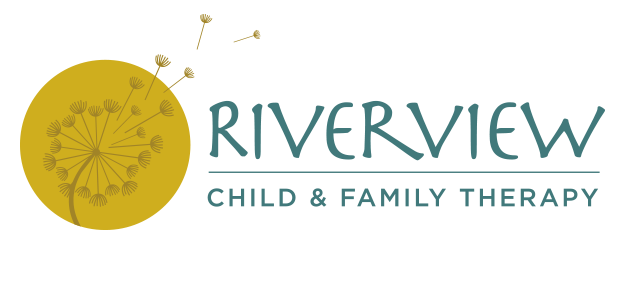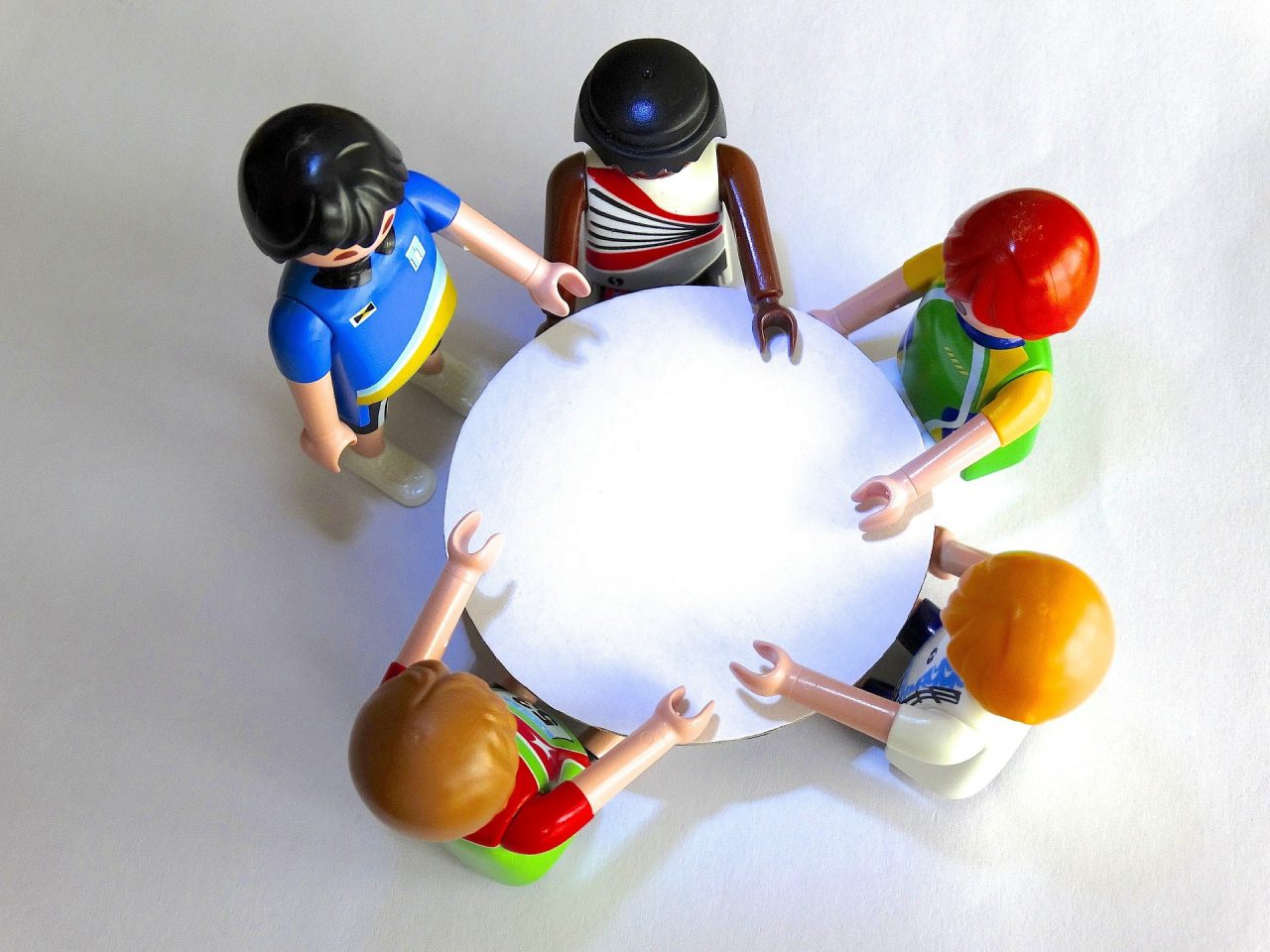The world is a tough place right now. Already this year our national and global community has been faced with fires in Australia, the novel Coronavirus, racism and injustice, and severe economic decline—and it’s only June. On top of all of this, your individual family may be facing job loss, homelessness, divorce, adoption, parental incarceration, illness, or death. Even if none of these situations apply to your family, your child may have a friend experiencing something tough.
As parents, it is our instinct to shield our children from hard topics, but we know we cannot protect them from everything. At some point, possibly in school or in the community, they will be faced with hard topics like the ones already mentioned, or even more general topics such as sex or drugs. Many parents I hear from tell me they plan to have these conversations with their kids when they are older or more mature, but at what age should we begin having these difficult conversations? This depends on the topic, your child, and your comfort level. Here are some tips to help you when you and your child are ready:
- Get on their level. Snuggle with your child on the couch or sit on the floor with younger kids. Utilize car rides with older kids who may prefer less eye contact. Ask what they already know about the topic. Use words and explanations in language your child understands. There are storybooks and videos that can help with child-friendly language. Graphic or unnecessary details do not equal honesty.
- Acknowledge and validate their feelings. Avoid trying to “fix it.” Reflect back to them what they are telling you. Remain calm when talking to your child, but be honest about your feelings. Model and encourage healthy coping skills.
- Plan for many little conversations instead of “The Talk” to avoid lecturing and dragging on. Use natural moments to introduce a topic, such as talking about a scene in a movie you just watched together.
- Regularly revisit the topic with your kids to see if they’ve had any new thoughts or questions about the subject.
- Remember, it’s okay not to have all the answers.
Having open and honest communication with our children shows them that we are a safe person to talk to when they need it and reassures them that we will do our best to protect them and be honest with them. It’s never too early or too late to begin.
Beth Nakad, LCSW




